I often find myself in odd situations far from medical care and thought it might be a good idea to improve my readiness.
After a little research, I found the Wilderness First Responder (WFR) certification.
It’s a course in medical training, leadership, and critical thinking in low resource situations. It’s designed for leaders in remote areas, guides, military, search and rescue teams, researchers, and disaster relief workers. To my surprise, Wilderness Medical Associates, based in Canada, had a WFR course here in the jungles of Costa Rica. For me though, this seemed like a perfect opportunity to upgrade myself. You never know when or if you will find yourself in a situation where you are the only person that can help someone in need of medical assistance.
My WFR Experience In Costa Rica
Let me start by saying I totally underestimated the austere nature of the course. As a ‘grunt’ (11B Infantryman) in the US Army, I’ve had the pleasure of participating in many ‘wilderness suckfests’. Sometimes I go into civilian courses expecting them to be soft. That was not the case with this course! After getting picked up at the hotel in San Jose, we drove for an hour or so then hit a dirt road that took us to our put in point on the Pacuare River. The plan was to raft down to our camp, get settled in and start the course the following day.
I thought the white water rafting was just a fun touristy thing they added into the course. It was a blast, however it served a purpose; the camp was so remote that we had to float all of our food and gear in with us. We loaded up one raft with 55 gallon drums full of food, gear, drybags, and supplies for the 8 days we’d be staying there. We all hopped into a second boat and whitewater rafted down the Pacuare river to the El Nido Del Tigre camp. After the first couple hours, I knew this was going to be an awesome week.
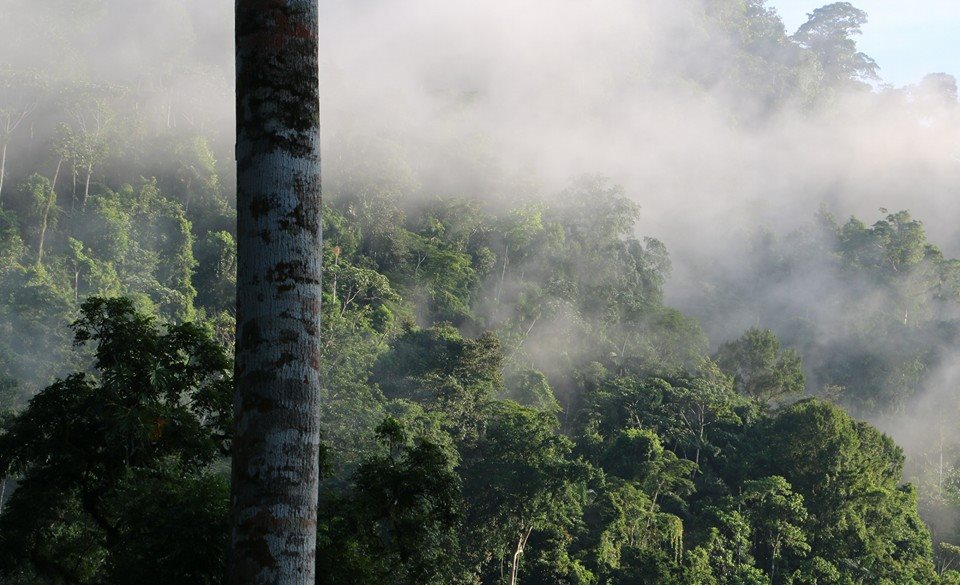
“El Nido del Tigre” or The Tiger’s Nest, is a beautiful and well maintained river camp owned by Coast to Coast Adventures, who hosted the course. From the center of the camp, trails radiate throughout the rain forest and along the Pacuare river. It’s remote and only accessible by 4×4 or raft, but well maintained by a local caretaker. There was no phone signal, wifi or any sort of coms with the outside world other than a the camp radio for emergencies. We had zero electricity, an outdoor kitchen, comfortable tents and fresh water fed from a mountain spring. It ended up being a great way to ‘disconnect’. In addition, I did the course in October, the rainiest month in Costa Rica’s rainy season. if you’re interested check out the tours Buena Vista Del Rincon offers if you wanted to go on some more brilliant tours similar to this one.
If it ain’t raining you ain’t training!
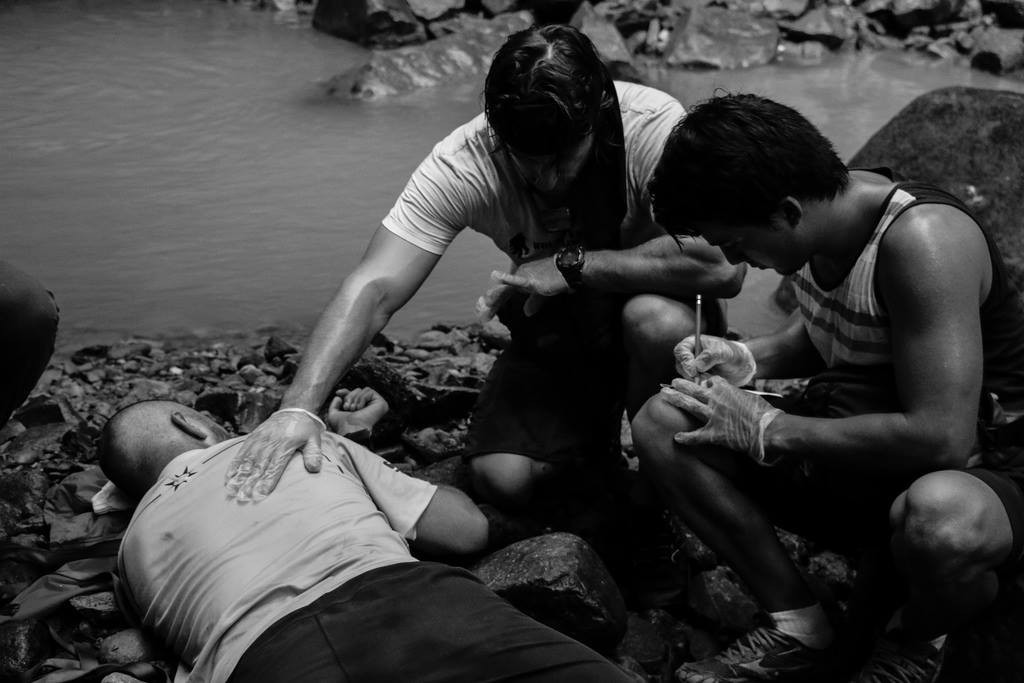
The course instructor Danny, was well-informed on the material and not afraid to push the group physically and mentally. Most scenarios involved evaluating, prepping and moving a casualty in difficult terrain. The main idea of the course was to be able to respond to a medical emergency when advanced medical care is hours away or nonexistent. This included lots of improvisation and using camping gear to build splints, stretchers and tourniquets. There was one training scenario where we had to move a person with 2 broken femurs on an improvised stretcher through a stream and up a jungle trail. It was a smoker to say the least!
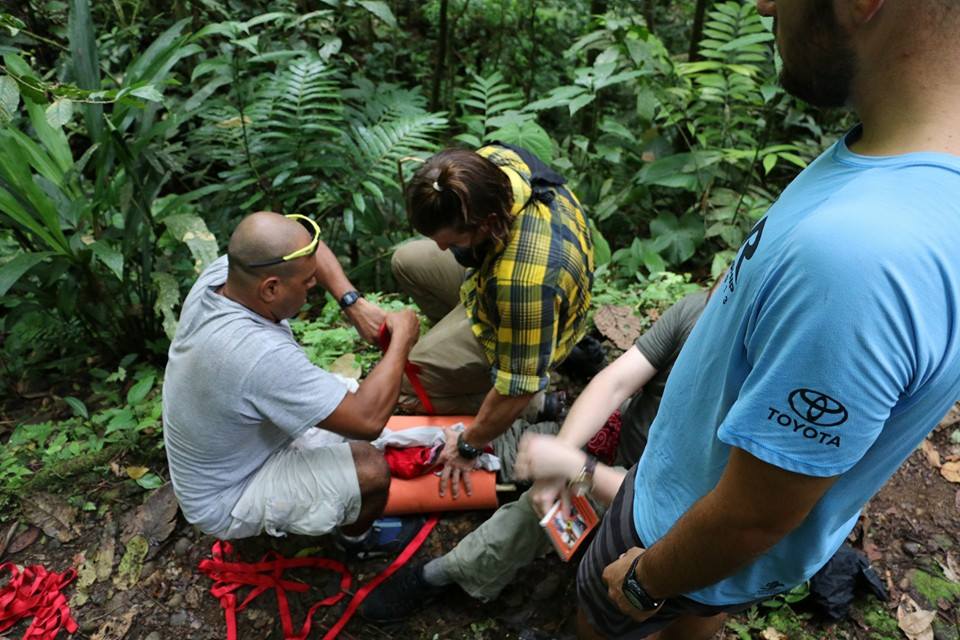
The days were 8am to 5pm and included lots of practical applications. They ended with a typical Costa Rica dinner and group study sessions by candle light. Scenarios included fake blood, and well done wounds and makeup and realistic situations that upped the stress level. I was impressed at the way the WFR course built team cohesion and forced all involved to evaluated resources and make decisions.
Danny also happened to be the owner of Boreal River Rescue which made him a very knowledgeable river guide. We even got some free white water rescue training during midweek. Whoohoo!
Wilderness First Responder Course Content
The Wilderness First Responder curriculum is written in-house by a team of remote medical rescue researchers and professionals. Ongoing evidence based research and review contributes to a unique and innovative approach to patient care in backcountry and austere settings. The curriculum is comprehensive, complete, and kept current on an annual basis. This is the most current and cutting edge course of any first response medical training (urban or remote) in the world.
- The General Principles of Wilderness and Rescue Medicine with an emphasis on the prevention and identification of medical emergencies, appropriate technology, and risk management.
- Patient assessment and emergency care including CPR, basic Life support, and the emergency treatment of anaphylaxis and asthma.
- Environmental Medicine including altitude illness, hypothermia and heat illness, frostbite and cold injury, lightning, submersion, and environmental toxins.
- Backcountry Medicine including the assessment and treatment of common medical problems.
- Musculoskeletal Problems including unstable and stable injuries overuse syndromes, and dislocations.
- Wound management including open fractures, lacerations, burns and blisters.
- Practical skills including splinting, bandaging, litter packaging and medical kit preparation.
- WMA International Wilderness Protocols including wound cleaning and exploration, spine injury assessment, dislocation reduction, CPR in the remote setting, and anaphylaxis and asthma.
Overall, I loved it, learned a lot, and gained new confidence in my medical skills. I’d suggest the Wilderness First Responder certification to anyone looking to advance their medical skills and add to their personal preparedness. Check out Wilderness Medical Associates. They have a lot of different courses throughout the US and Canada.

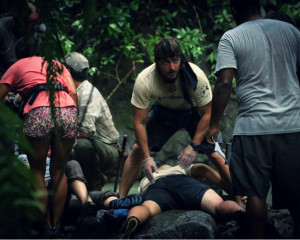
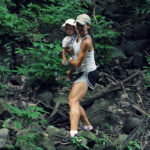

GIPHY App Key not set. Please check settings